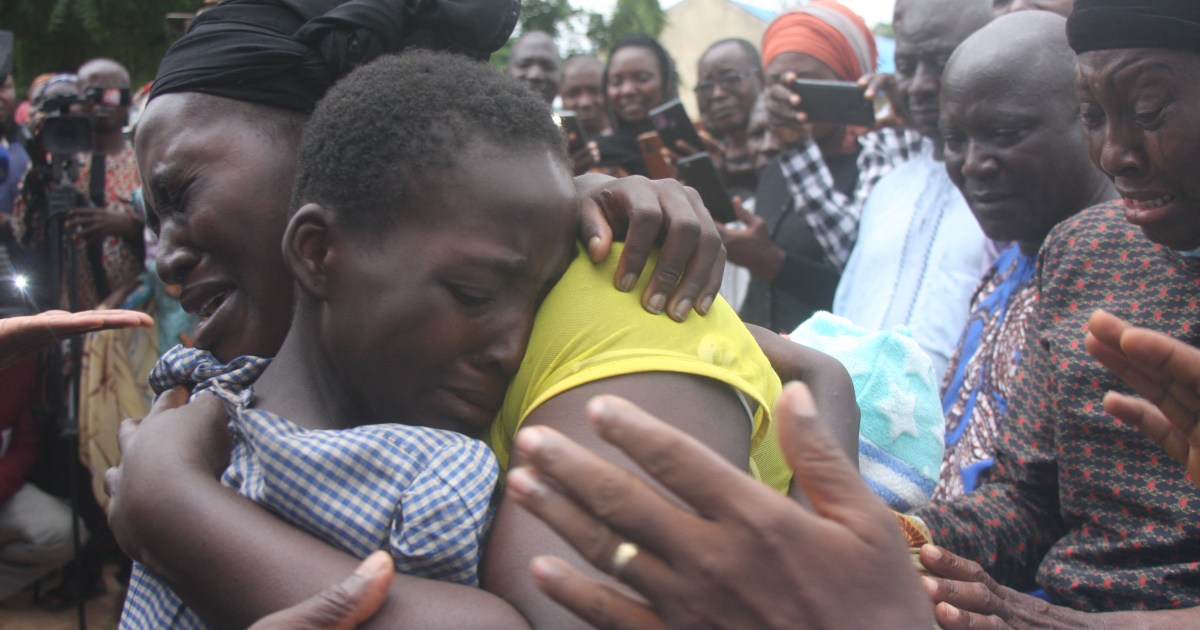Nigeria outlaws ransom payments, kidnap now punishable by death
Senate outlaws the paying of ransoms to kidnappers and made abduction punishable by death.
The Nigerian Senate has passed a bill imposing jail terms of at least 15 years for paying a ransom to free someone who has been kidnapped, and made the crime of abduction punishable by death in cases where victims die.
Opeyemi Bamidele, chairman of the Senate’s judiciary, human rights and legal committee, told the Senate on Wednesday that making ransom payment punishable with lengthy jail sentences would “discourage the rising spate of kidnapping and abduction for ransom in Nigeria, which is fast spreading across the country”.
The bill, which amends Nigeria’s terrorism law, mandates the death penalty for convicted kidnappers where the abduction leads to loss of life, and life imprisonment in other cases.
Armed gangs operating mostly in northeastern and north-central states of Nigeria have for more than a decade spread terror through kidnappings for ransom, targeting students, villagers and motorists on highways.
They have also killed thousands of people.
President Muhammadu Buhari’s government has already classified the armed kidnapping gangs, known locally as “bandits”, as terrorists this year – but that has not stemmed the kidnappings, now almost a daily occurrence.
In a four-month period between December 2020 and March 2021, gangs of bandits kidnapped more than 760 students from their boarding schools and other educational facilities across northern Nigeria in at least five separate incidents.
The kidnapping in December 2020 of more than 300 boys from their boarding school in the town of Kankara, in northwestern Katsina state, evoked memories of Boko Haram’s 2014 abduction of 276 schoolgirls in the northeastern town of Chibok that garnered global outrage.
The boys were released after six days but the government denied any ransom was paid.
At least $18.34m was paid to kidnappers as ransom – mostly by families and the government – between June 2011 and March 2020, according to a report by SB Morgen (SBM) Intelligence, a Lagos-based political risk analysis firm.
The Senate’s bill will now be debated in the lower House of Representatives before being sent for the president to sign.




